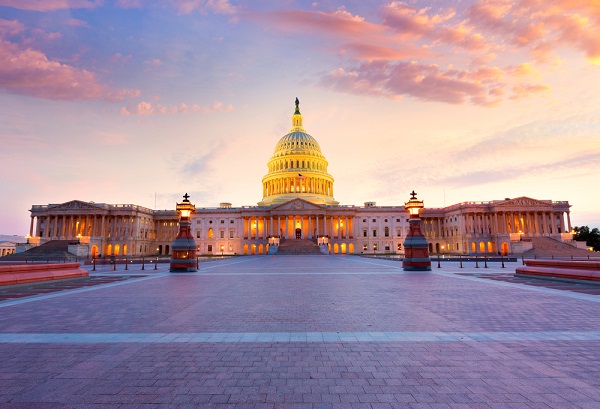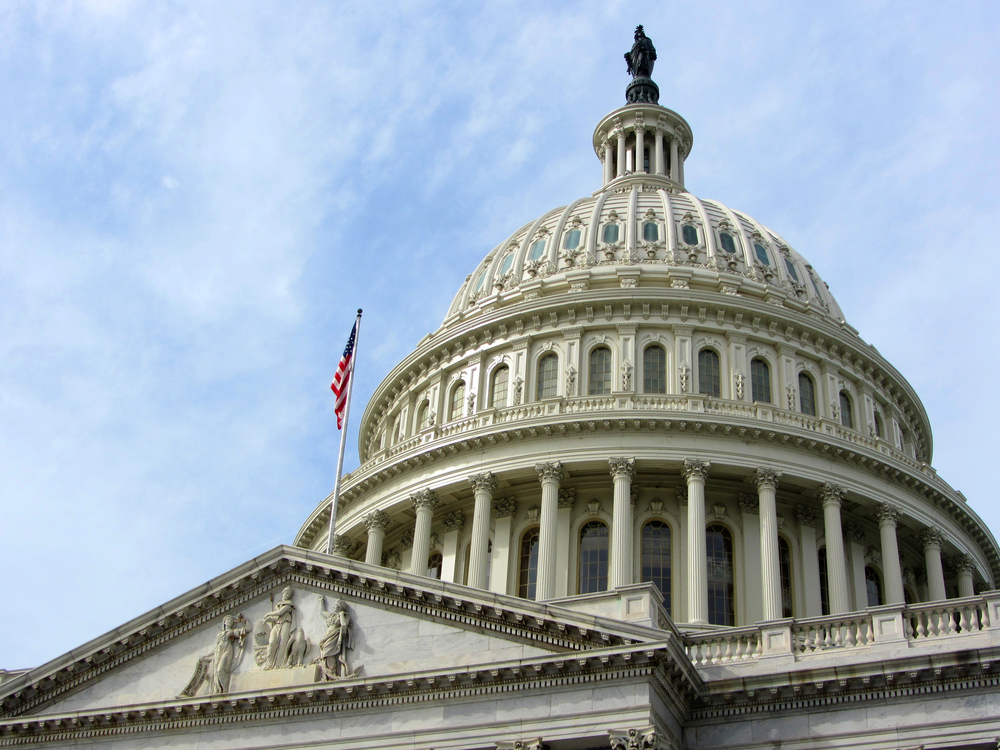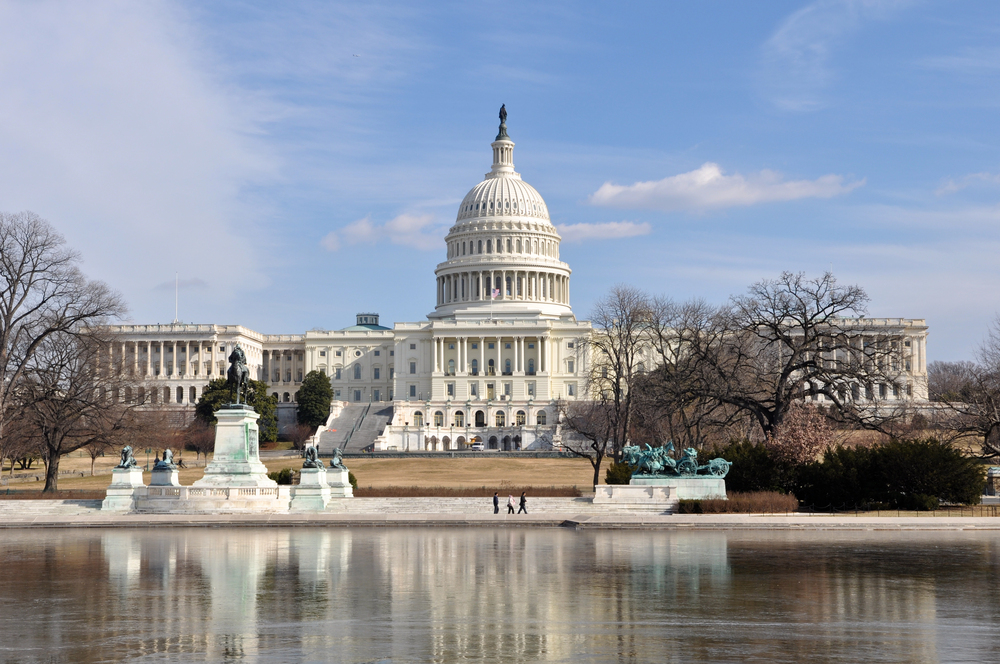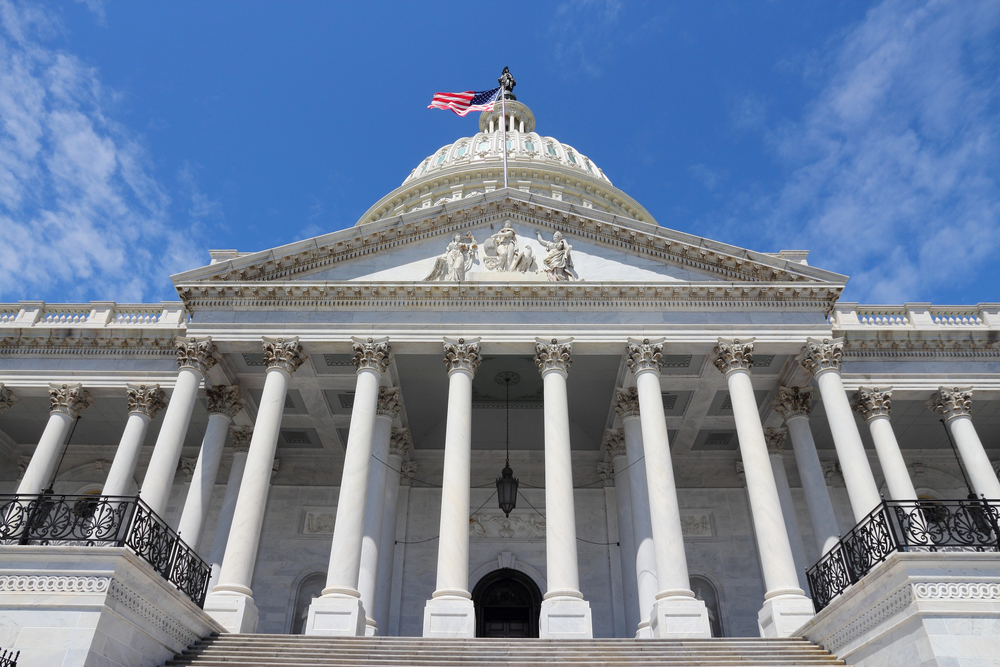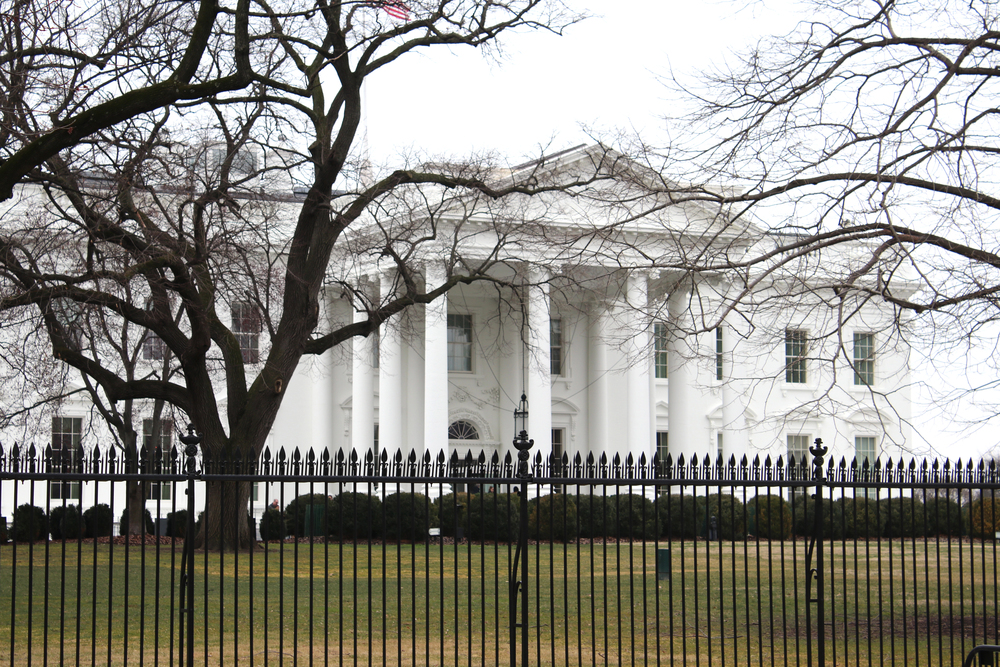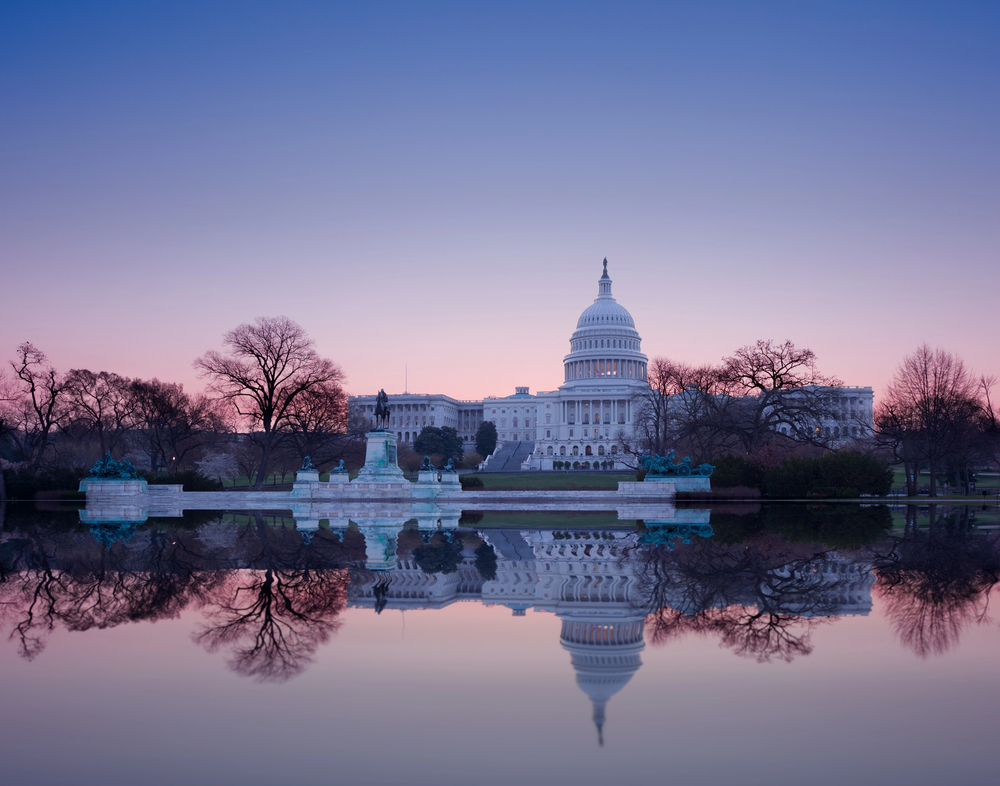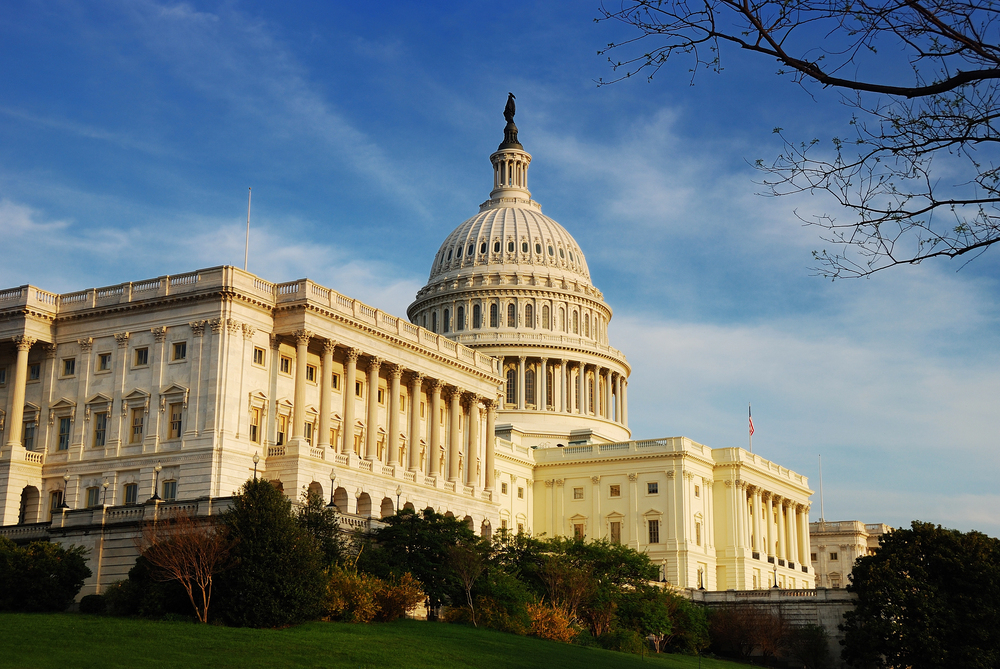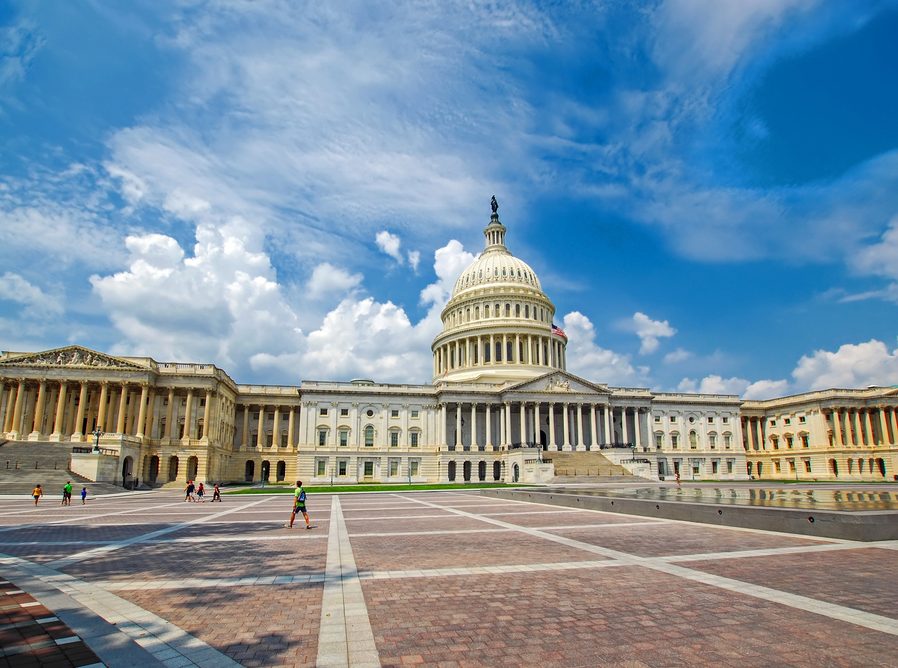Pandemic Risk Insurance Act Reintroduced in House
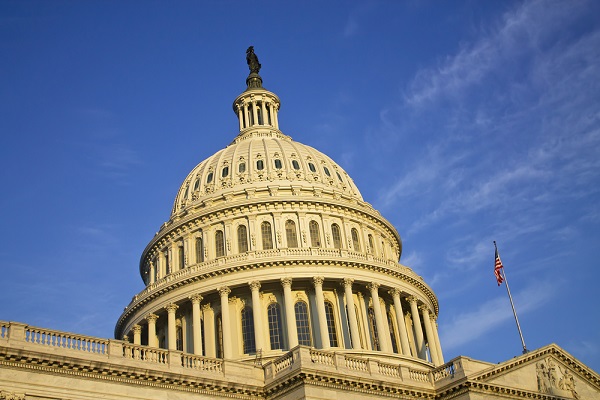
By: Wyatt Stewart
Earlier this week, Rep. Carolyn Maloney (D-New York) reintroduced legislation to create a federal backstop to prevent economic losses from future pandemics. The bill, H.R. 5823, and known as the “Pandemic Risk Insurance Act (PRIA),” is loosely based on the same concept as the Terrorism Risk Insurance Act (TRIA), which was created in the aftermath of the 9/11 terrorist attacks.
Like the TRIA program, PRIA is a public-private solution where the federal government would serve as a backstop in an effort to maintain marketplace stability and share the burden alongside the insurance industry for future pandemics. The proposed program would expire on Dec. 31, 2031.
Unlike the previous version of PRIA, this legislation would require insurers to make available in all their property and casualty insurance policies coverage for insured losses due to covered public health emergencies. Many carriers have expressed concern with this provision and how it would impact their ability to meet their obligations to policyholders for other covered risks.
The bill would also require insurers to make parametric non-damage business interruption insurance coverage available in their commercial property insurance policies or arrange for such coverage through an affiliate or a parametric insurance facility. According to the legislation, such coverage would have to include compensation for up to 180 days of fixed costs and payroll for covered public health emergencies. Additionally, insurers would not be prohibited from offering coverage above and beyond that level.
In the event of a future pandemic that results in a declared public health emergency, the federal government would pay for 95% of the loss while insurers would be responsible for the remaining 5%. Importantly, unlike TRIA, there would be no “insurer deductible” or recoupment in the aftermath of a pandemic. Additionally, in another change from the previous version of PRIA, the $750 billion total loss cap was removed from the bill.
As Congress continues to consider solutions on future pandemic risk, the Big “I” will continue to advocate on behalf of its members and provide updates through the News and Views e-newsletter.
Wyatt Stewart is Big “I” assistant vice president of federal government affairs.

